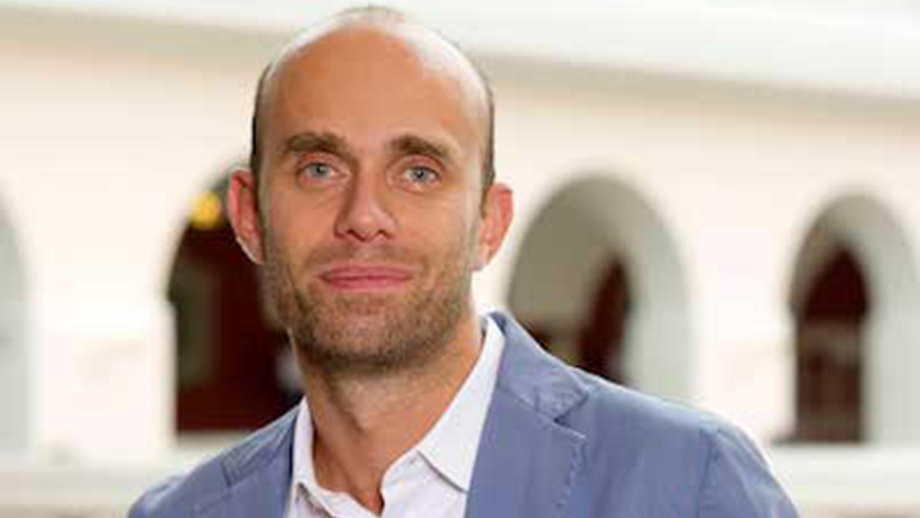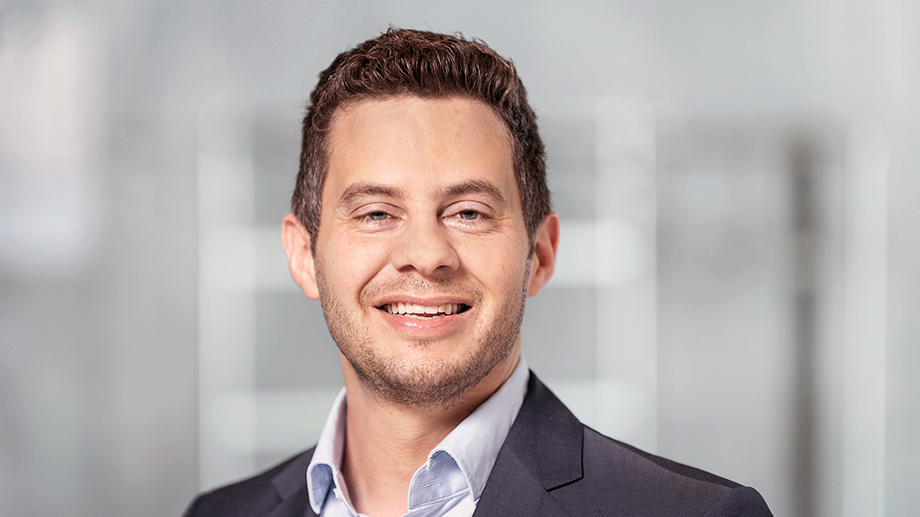Navigation auf uzh.ch
Navigation auf uzh.ch
The European Research Council awards its highly competitive ERC Starting Grants to young scientists who have at least two years’ research experience following their PhD and present an interesting project with great potential. Two researchers from the University of Zurich (UZH) working in the field of regenerative medicine and development economics are among the recipients. With the 1.5 million euros each in funding, the young scientists can build up or consolidate their own research group over the next five years and thus provide an important proof of achievement for their further scientific career.

Lorenzo Casaburi, Assistant Professor at the UZH Department of Economics and Affiliated Professor at the Zurich Center for Economic Development, studies economic development in sub-Saharan Africa, with a focus on agricultural markets. His research combines extensive fieldwork, rigorous identification methods, and insights from behavioral economics, industrial organization, and contract theory. The ERC grant will allow Casaburi to launch a research program that will study farmers’ access to key markets, including output, insurance, and land markets.
For this purpose, he plans to conduct a number of field experiments and to collect novel data sources, in partnership with several local organizations. "We expect that our research will generate important insights for academics, development practitioners, and policymakers that will help them to improve the economic situation for East African farmers," Casaburi says.

Minimally-invasive transcatheter aortic valve implantation (TAVI) has revolutionized the therapeutic options for heart valve disease and has recently become the first-line therapy for the majority of patients. However, due to continuous degeneration the lifetime of the currently used valve prostheses for TAVI is very limited, and patients may therefore require multiple re-interventions, significantly affecting their life quality. This problem is particularly accelerated in younger patients.
In the TAVI4Life project, Maximilian Emmert, a cardiac surgeon and professor at the UZH Institute for Regenerative Medicine as well as at the Charité – Universitätsmedizin Berlin and the German Heart Center Berlin, will use an unconventional 3D printing inspired bioengineering approach to tackle this problem. He aims to develop a novel transcatheter aortic valve prosthesis that fully transforms into a native-like valve and stays for life. "The clinical impact would be enormous as, particularly for young patients, such a valve would significantly enhance their life expectancy and quality of life," Emmert states.